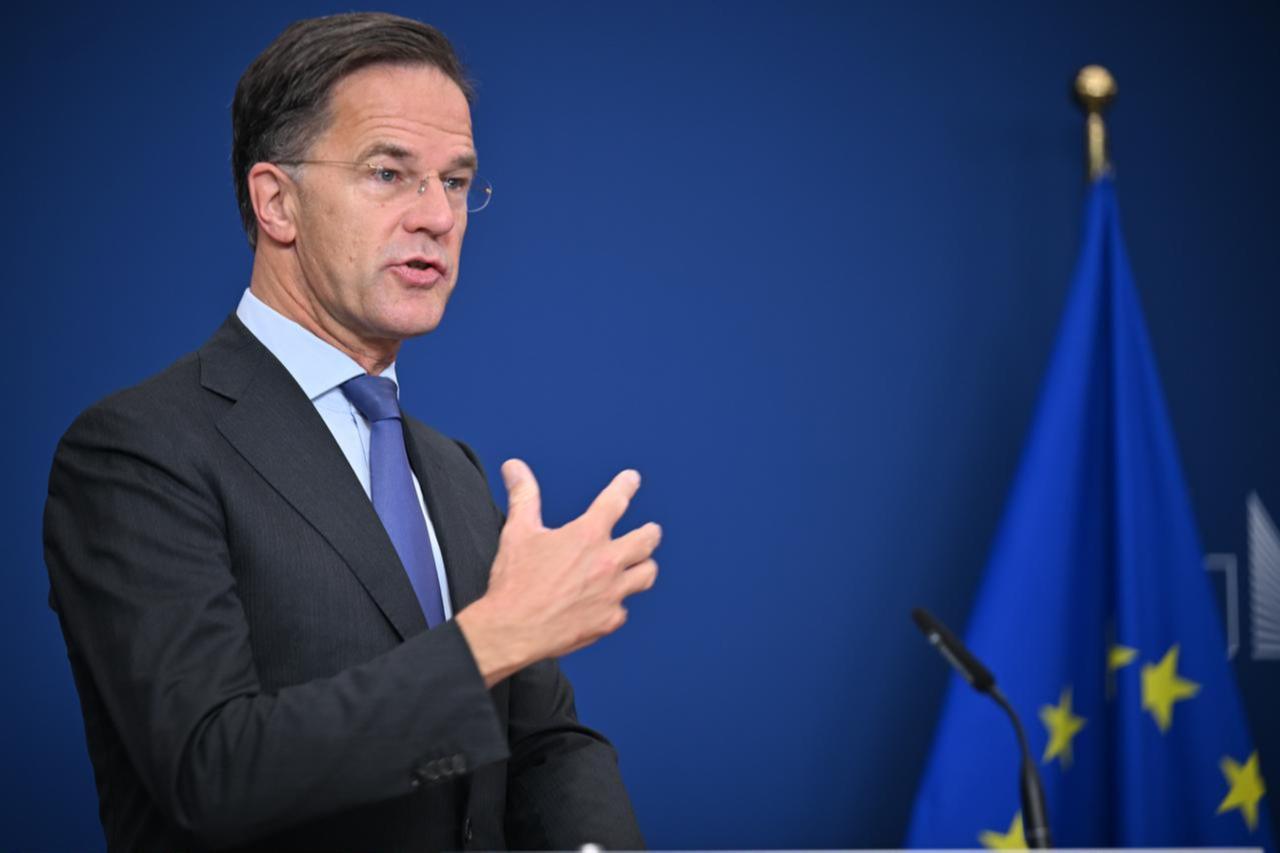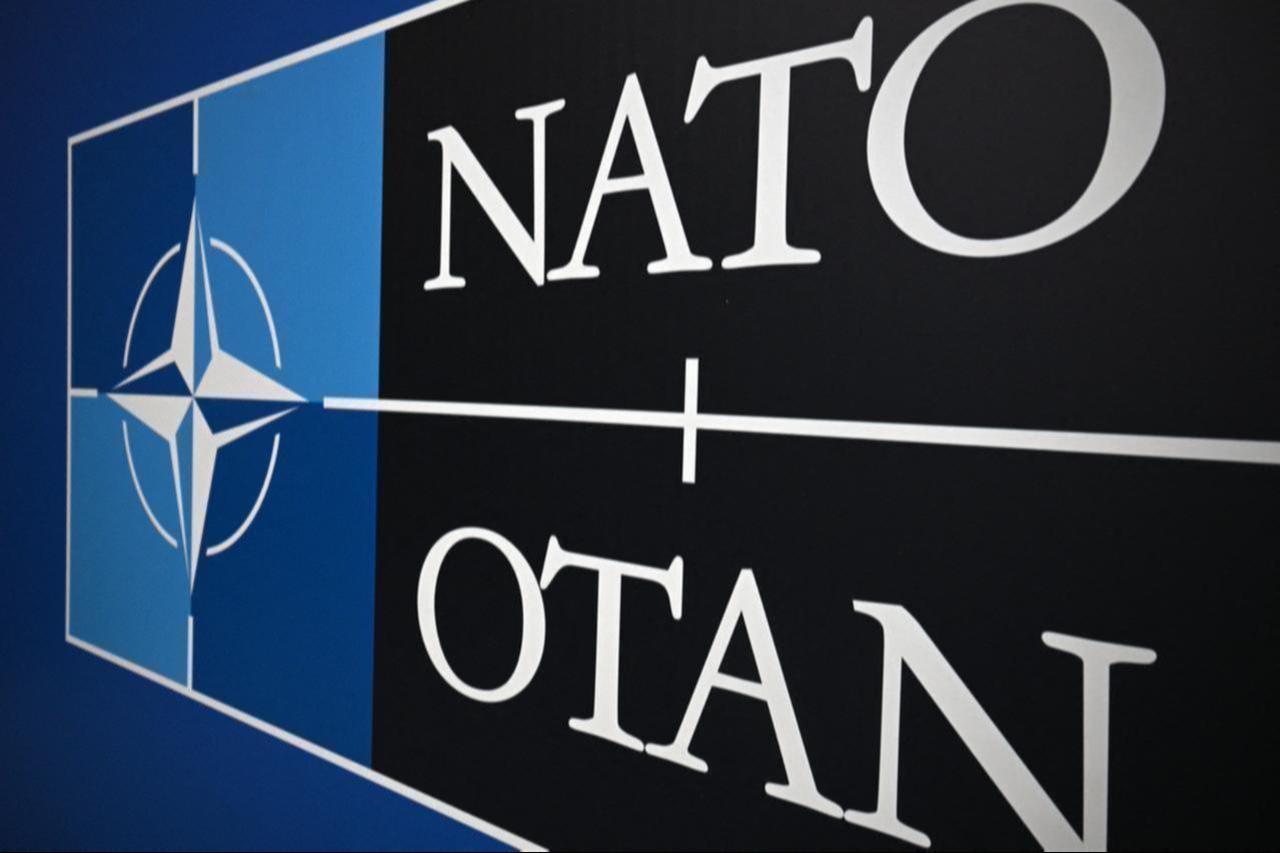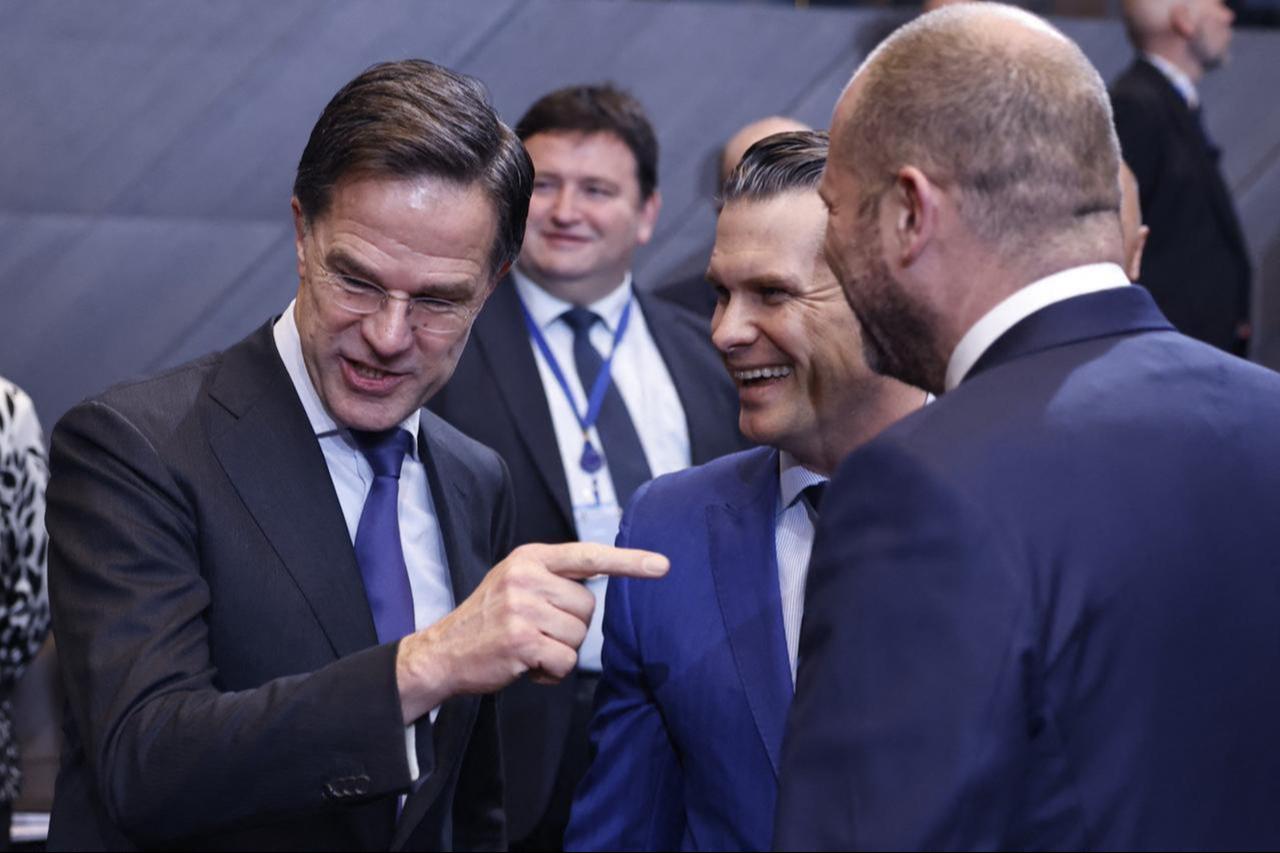
NATO held its first-ever biotechnology conference in Brussels, bringing together academics, government officials, and researchers from allied countries to discuss the role of biotechnology in defense and security.
NATO Secretary-General Mark Rutte described the conference as a “historic meeting,” stressing that the alliance must remain at the forefront of technological innovation. “We must not allow China, Russia, or others to gain superiority in this field,” he said.

Rutte emphasized that NATO needs both firepower and cutting-edge technology, saying, “Advancing innovation in biotechnology is key to ensuring our forces have the most advanced capabilities.”
He added that staying secure requires not only tanks, jets, ships, drones, and ammunition but also the integration of biotechnology into defense systems.
Highlighting global competition, Rutte noted that China invested $3 billion in biotechnology research in 2023 and is rapidly advancing in areas such as gene editing and synthetic biology for potential military applications.
He also accused Russia of conducting secret biological research and attempting to use biological weapons. “The message is clear; we must not allow China, Russia, or others to gain superiority in this field,” he said.

Rutte gave examples of military applications already in use, such as telemedicine and blood supply technologies in the field, which help protect soldiers and strengthen resilience.
He also mentioned rapid progress in biotechnology-supported wearable devices that can detect fatigue, infection, or trauma early among soldiers and decision-makers.
“We need more advanced applications of such technologies, as they can enhance physical, cognitive, and emotional capabilities,” he said.
Concluding his remarks, Rutte urged NATO allies to intensify their efforts to lead the biotechnology revolution, adding: “I believe we have everything we need to shape the future.”